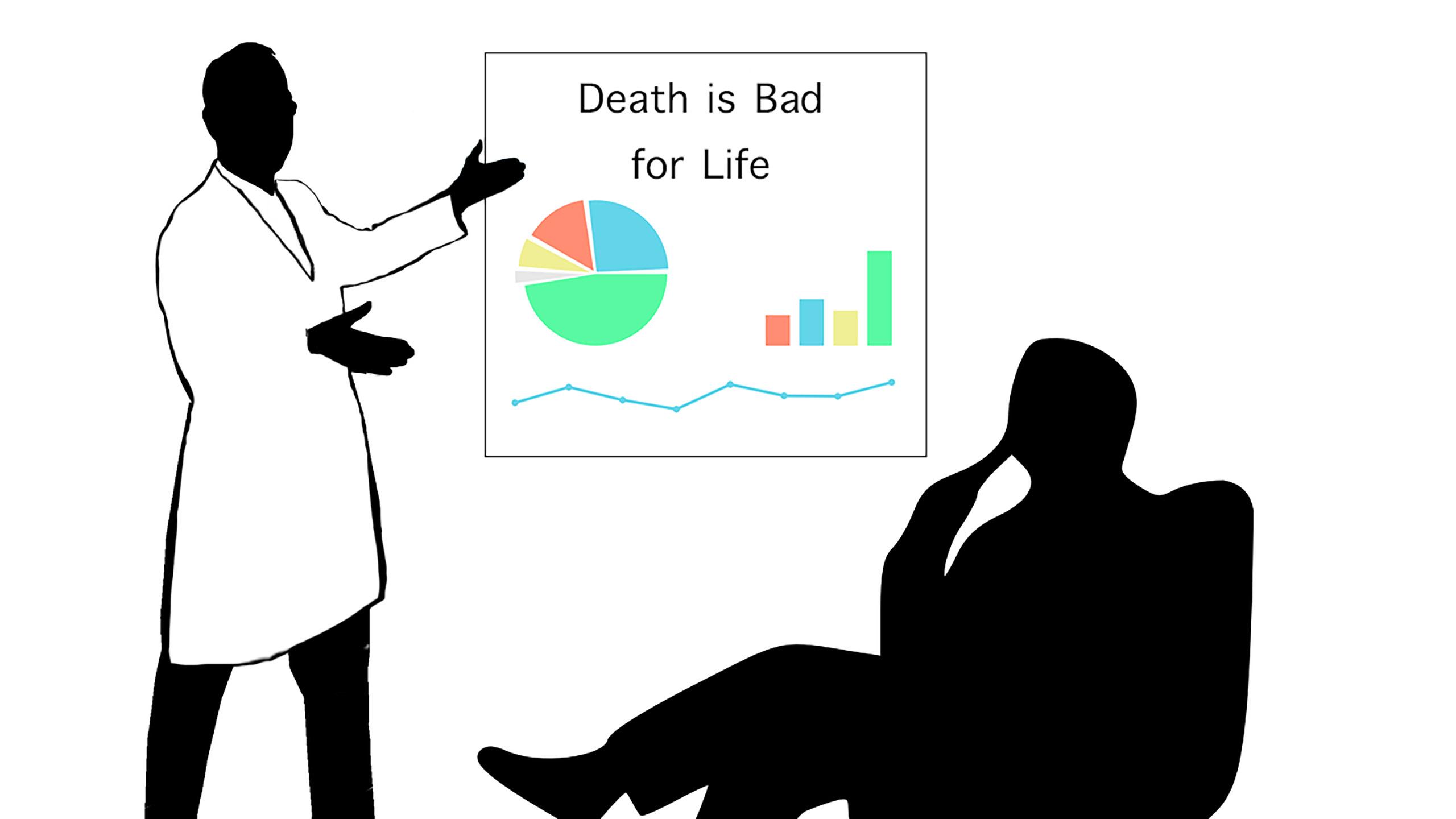By Lyba Mansoor
A new study from Ryerson University’s biomedical sciences professor Pawel Pralat finds that death, does in fact have a serious impact on human lifespans.
“Our research is really ground breaking. The effects death has on the human lifespan has never been studied before,” said Pralat.
Canada’s medical association was completely perplexed that they could have missed such a grandiose disease and are now working with Pralat to better understand this shocking new ailment.
According to the study, death has a 75 per cent chance of reducing the human lifespan and Ryerson students are taking the news to heart.
“The day the study came out I submitted forms to withdraw from school,” said Zayn Althuwaynee, a fourth-year student.
Althuwaynee explained how the study was completely “eye-opening” and says that it has changed the way he wants to live his life forever—or at least until he dies.
Other Ryersonians expressed similar sentiments, with the dropout rate increasing to 80 per cent the day following the study’s release.
“I’m glad to hear my study is inspiring so many students to seize the day. This disease should be taken seriously,” said Pralat.
Canada’s Centre for Disease Control and Prevention (CCDCP) has funnelled millions of dollars into researching more about the revolutionary disease.
The study was published in the Journal of Human Genes and Diseases.
Congratulations! If you’re reading this, you’ve made it to the end of this article. Full disclosure: none of what you just read is real. Satire is a noun that describes the use of humour, irony, exaggeration, or ridicule to expose and criticize people’s stupidity or vices, particularly in the context of contemporary politics and other topical issues. Do the world a favour, share this story and try not to take the Fun and Satire section so seriously—we certainly don’t.













Leave a Reply